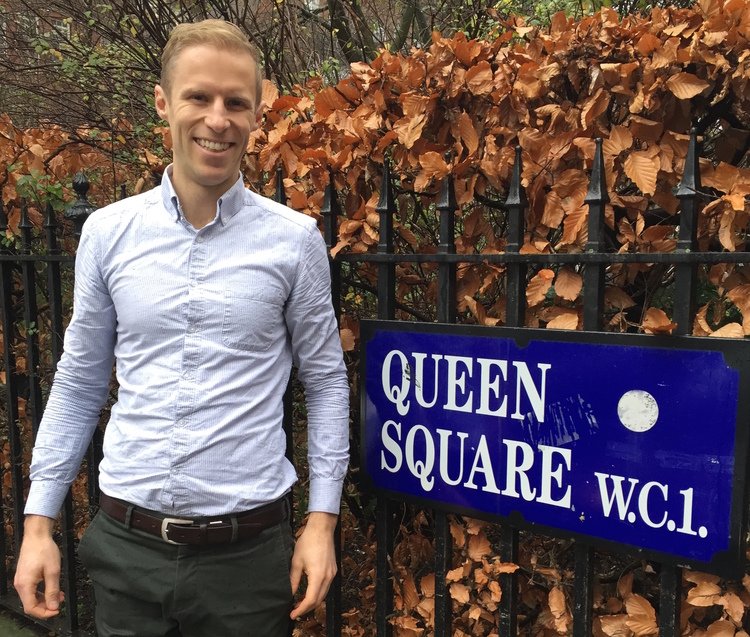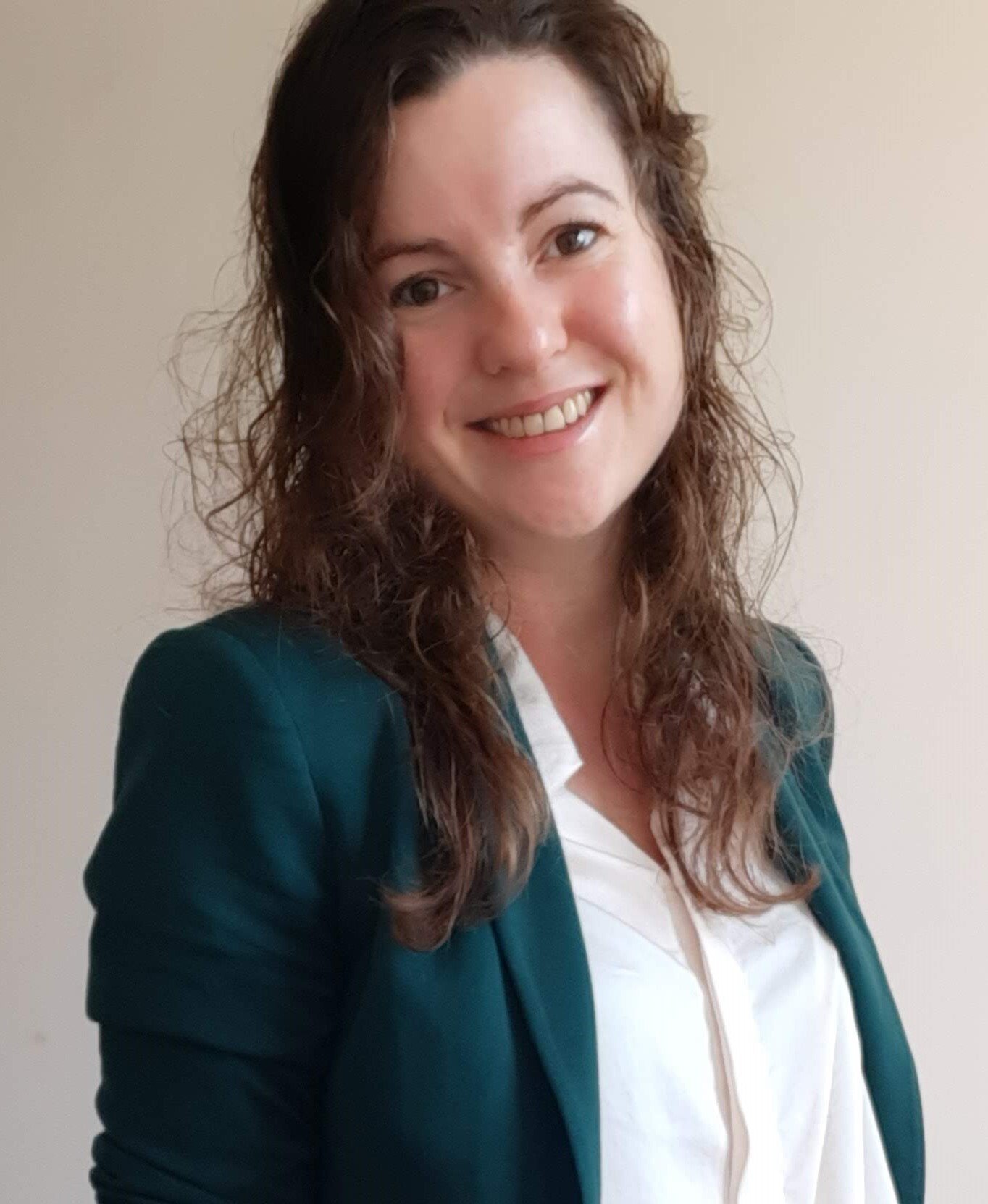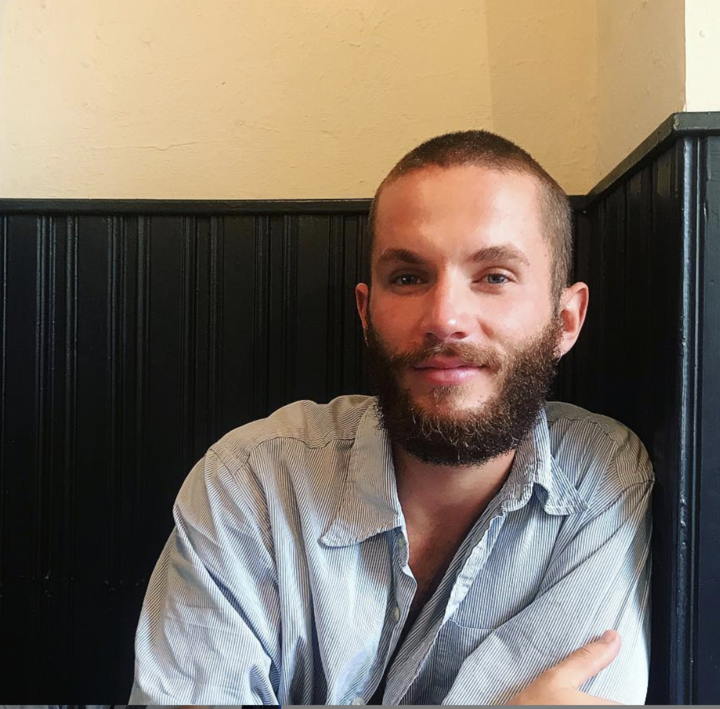ConsciousComputation: Computational components of conscious awareness
The MetaLab under PI Steve Fleming has been awarded an ERC Consolidator Grant “ConsciousComputation”. This 5 year project is supported by UKRI under the UK government’s Horizon Europe funding guarantee, and runs from 2023 to 2028.
Background
At any one moment in time, we are aware of only a fraction of the information processed by our brains. We may be aware of the detail of a visual scene, a painting, or the words on a page, and yet remain unaware of our digestion, breathing or feel of the clothes on our skin.
Human conscious awareness can vary independently of behavioural performance, as in neurological conditions such as blindsight, or in healthy observers near perceptual threshold.
What all these examples suggest, is that even when conscious level is held constant – even when we are awake, and attentive – the contents of awareness may vary, and do so in ways that are independent of other aspects of mental function. This capacity for awareness of mental states is central to human subjective experience, and understanding its neural and computational underpinnings is a fundamental challenge for 21st century science. In recent decades, new tools and techniques have been developed to characterise dissociations between behavioural performance and awareness in laboratory studies. The psychological, computational and neural mechanisms that enable conscious awareness of mental contents however remain poorly understood.
Aims
ConsciousComputation aims to reverse engineer the features and functions of human conscious awareness. We will test a new framework that proposes that awareness tracks global, abstract representations of the strength or reliability of mental contents to support their usage in planning and decision-making. To test this theory we will combine psychophysics, computational model simulations and recent advances in human neuroimaging (including 7 Tesla fMRI and optically-pumped MEG) to visualise the neurocomputational components supporting awareness judgments at an unprecedented level of detail.
Project components
We plan to investigate:
How to formalise the distinction between unconscious and conscious processing within powerful models of perception-as-inference
Whether and how inferences on awareness and content are distinct at computational and neural levels
How perceptual absences are computed and (neurally) represented
The relationships between imagination, reality monitoring and conscious experience
Whether and how conscious experience constrains planning and goal-directed control
Impact
This project addresses a foundational challenge for 21st century science: how to best characterise a distinction between conscious and unconscious processes in the human brain. An answer to this question will inform how we understand the difference between aware and unaware mental states – with widespread ramifications for psychological theory, mental health treatments, and our understanding of personal-level autonomy and conscious thought. We hope our findings will open up new research frontiers and help progress a cognitive computational neuroscience of conscious awareness.
Researchers contributing to ConsciousComputation include:
Representative publications
Castanheira, J. D. S., Shea, N., & Fleming, S. M. (2025). How attention simplifies mental representations for planning. eLife, reviewed preprint
Fleming, S.M. & Michel, M. (2025) Sensory horizons and the functions of conscious vision. Behavioral & Brain Sciences, 21:1-53 [link]
Dijkstra, N., von Rein, T., Kok, P. & Fleming, S.M. (2025) A neural basis for distinguishing imagination from reality. Neuron, 113(15), 2536 - 2542.e2534 [link]
Dijkstra, N., Warrington, O., Kok, P. & Fleming, S.M. (2025) Distinguishing neural correlates of prediction errors on perceptual content and detection of content. Journal of Cognitive Neuroscience, 37(7), 1173-1188 [link]
Haarsma, J., Kaltenmaier, A., Fleming, S. M., & Kok, P. (2025). Expectations about presence enhance the influence of content-specific expectations on low-level orientation judgements. Cognition, 254:105961 [pdf]
Fleming, S. M. & Shea, N. (2024) Quality Space Computations for Consciousness. Trends in Cognitive Sciences. 1364-6613 [pdf]
Dijkstra, N., Mazor, M., & Fleming, S. (2024). Confidence ratings do not distinguish imagination from reality. Journal of Vision 24, 13 [pdf]
Colombatto, C. & Fleming, S.M. (2024). Folk psychological attributions of consciousness to large language models. Neuroscience of Consicousness [pdf]
Bayne, T., Seth, A. K., Massimini, M., Shepherd, J., Cleeremans, A., Fleming, S. M., Malach, R., Mattingley, J. B., Menon, D. K., Owen, A. M., Peters, M. A. K., Razi, A., Mudrik, L. (2024). Tests for Consciousness in Humans and Beyond. Trends in Cognitive Sciences S136466132400010X. [pdf]
Barnett, B., & Fleming, S. M. (2024). Creating something out of nothing: Symbolic and non-symbolic representations of numerical zero in the human brain. Current Biology [pdf]
Barnett, B., Andersen, L. M., Fleming, S. M., & Dijkstra, N. (2024). Identifying content-invariant neural signatures of perceptual vividness. PNAS Nexus [link]












